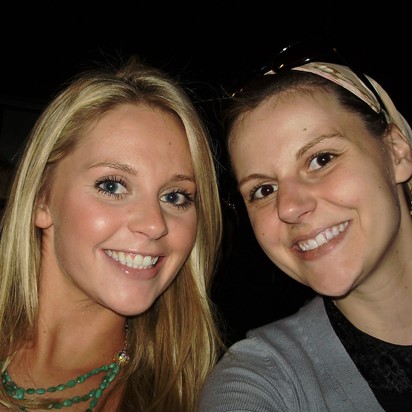Twin Love: Profound and Problematic
Working conjointly with twin pairs whose caregivers emotionally abandoned them to parent one another has given me a glimpse into the depth and distress of exclusive twin love. These siblings are not in conflict with one another. Rather, they seek guidance on how to separate from one another amicably because both desire permission to live individual lives.
A pair of fraternal twin girls I counsel are preparing to begin their studies at the same university. Both agree on the importance of not living together. Understandably, each is terrified to begin this new chapter in their lives, albeit for different reasons. One, whom I will call “Helen,” worries about her ability to make social connections. She and her twin, “Jenna,” had a miserable high school experience that left both traumatized. Helen relates that she never found her “people” and perpetually felt like an outcast. This situation was exacerbated by Jenna dropping out of school altogether for most of their senior year. Jenna shared that she was profoundly depressed and unable to attend her classes. As a result, Helen was bombarded with questions about Jenna’s absence. She felt compelled to cover up the truth to avoid embarrassment.
Both young women recognize that they do not want to hold one another back as they embark on this new experience. Jenna acknowledges how much her hopelessness impacted Helen’s ability to endure her high school experience. Helen realizes that taking on Jenna’s emotional angst is not her responsibility. Each sister desires to be herself and not feel encumbered by the psychological state of the other.
I remain hopeful that both girls will find their respective places in their new environment. Learning how to feel separate yet connected comes with a tough learning curve. Their history of absent parenting created an enmeshed attachment that both want to amend. Without parental mirroring and a consistent parental attachment, twins are vulnerable to developing a disorder of the self. Twins raised by parents who understand the importance of the parental connection will create opportunities for their children to grow up feeling confident, resilient, and loveable.


